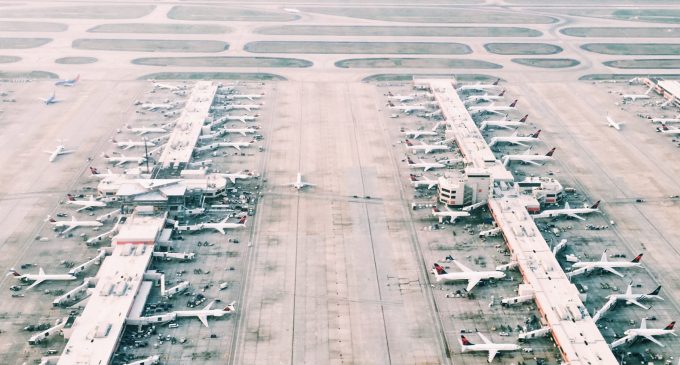Dublin Airport Controversy and Economic Impact

The ongoing dispute surrounding passenger caps at Dublin Airport has raised serious concerns about potential economic fallout. A report commissioned by Aer Lingus suggests that maintaining current restrictions could cost the Irish economy a staggering €1.4 billion and result in the loss of 37,000 jobs for every 1 million passengers denied entry. Aer Lingus CEO Lynne Embleton has issued a stern warning, emphasizing the profound implications for Ireland Inc.
Construction Sector Challenges Amid Economic Fluctuations
December witnessed a decline in commercial construction activity, attributed to higher interest rates, increased input costs, and a softening demand for office spaces. The Construction Purchasing Managers’ Index (PMI) from BNP Paribas Real Estate indicates an overall contraction, though at a slower pace compared to the previous month. Ellen O’Regan explores the intricacies of these economic challenges in the construction sector.
Irish Hotel Industry Resilience and Growth
Despite global challenges, the Irish hotel industry experienced improved occupancy rates in 2023 and anticipates continued resilience in the coming year. Deloitte’s survey highlights the sector’s ability to thrive, with heightened demand for tourist accommodation driven by extreme weather conditions in other parts of Europe. Dublin’s five-star luxury hotels, in particular, saw a notable 10.2% increase in occupancy levels.
Advancements in Connectivity and Economic Stagnation in Northern Ireland
A significant milestone in digital connectivity is marked by SIRO, a joint venture between ESB and Vodafone, enabling high-speed fiber broadband access for 100,000 premises in Dublin. Meanwhile, Eoin Burke-Kennedy explores the economic stagnation in Northern Ireland, questioning the unrealized peace dividend expected after the Good Friday Agreement. The region’s economic dynamics remain a puzzle, with factors contributing to its persistent standstill.
Source: Peter Flanagan for The Irish Times







